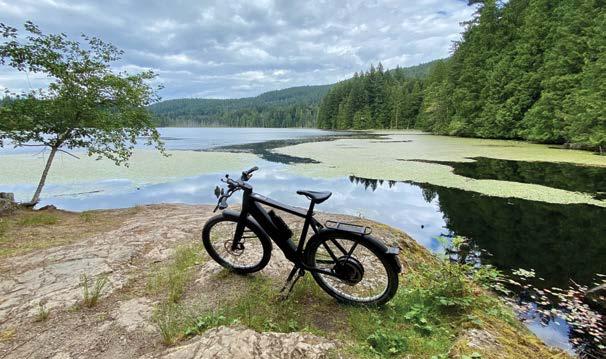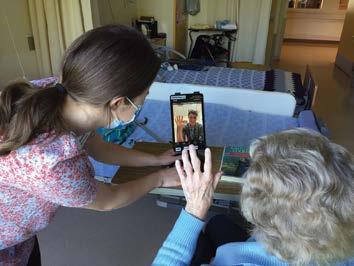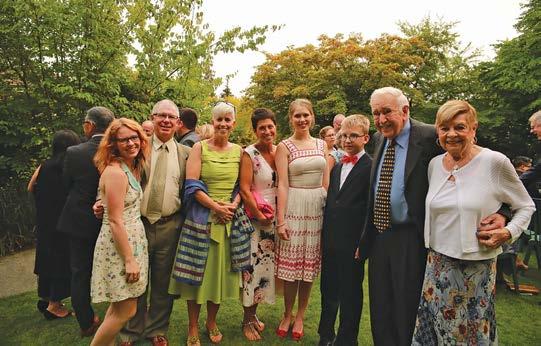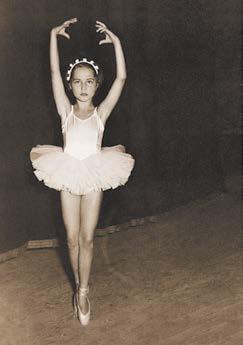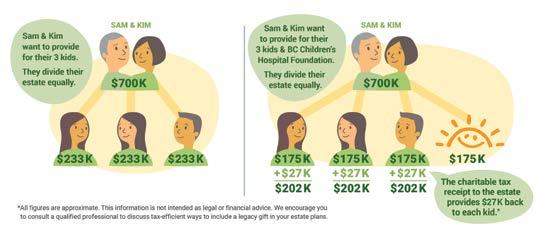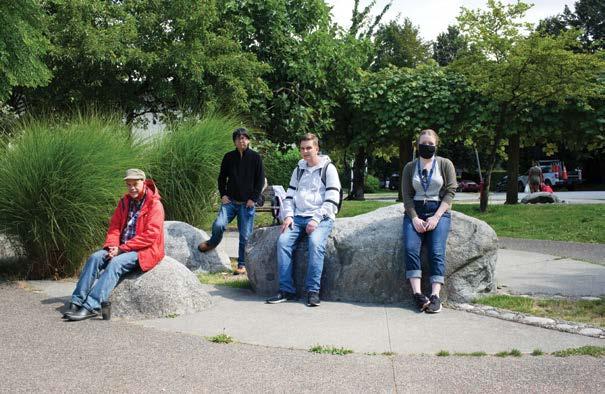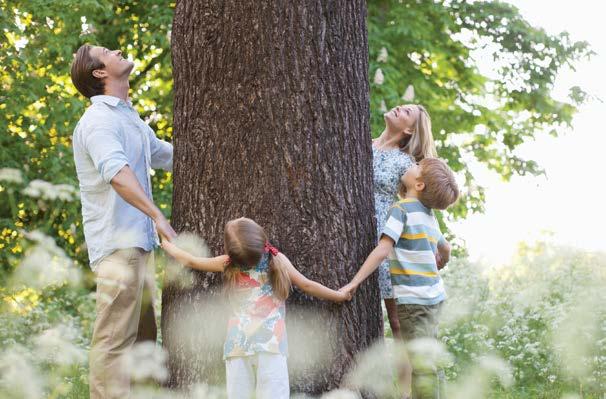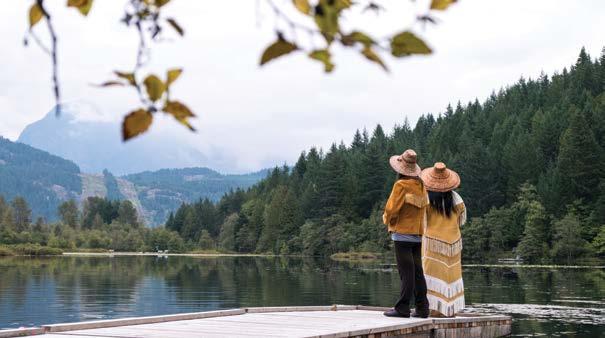THEME
Nigel Atkin
May It Be Your Will
W
©iStockphoto.com/nattrass
hat is your Will? Is it
• your economic tidying-up when finality looms; • an act of common sense; • a deed you concede when finite mortality is obviously apparent; or • a gracious foreboding prior to entering conflict where a scenario of death might not be optional, just possible, daresay probable? What we consider a legal declaration of a person’s wishes regarding the disposal of his or her property or estate after death, a person’s Will more than connotes intentionality regarding charitable giving, the consequence of forethought, planning and generosity of spirit, and/or the gift to individuals or to institutions. In what still seems very recent, my “boomer” colleagues collectively convinced themselves that 60 is the new 40 and now, a decade or so later, are more positively reflecting
10
TABLE OF CONTENTS
on lives lived, contemplating their life experiences to date, and many are transferring that knowledge gained into shared and welcomed wisdom.
We need to start thinking about our “will” at a very early age, not in terms of bequeathing estate, but in terms of purpose . . . our drive in life. Early Harnessing of Willpower We need to start thinking about our “will” at a very early age, not in terms of bequeathing estate, but in terms of purpose . . . our drive in life. Some children, when asked what they want to be when they grow up, often respond that they want to be a policeman or doctor or teacher or scientist and so on, mirroring an influence of someone they respect in their widening orbit. That is often the beginning of their developing willpower, their self-command of their own destiny and their first consciousness that they want to serve others first. BC Notaries Association
In guiding youth and many others, we see that individuals, circumstances, and wishful desires evolve, as does their own will over time. By evolving, we all heal and continue our journey toward wholeness. That is why many indigenous cultures teach that it is important to “pay attention to what has heart and meaning”—the way of the “healer,” according to Dr. Angeles Arrien. In that way, our will transforms from child-like desires to greater purpose, from immediate pragmatic needs toward greater long-term empathic altruism.
The Sacred Tree The faculty of choosing our own future actions, the exercise of “willing,” is known as volition—our will. The clearest explanation of volition is in the book The Sacred Tree: Reflections on Native American Spirituality (1984). It teaches that attention, goalsetting, the initiating of action, perseverance and completing the action supports this “primary force in developing all of our human potentialities.” Volume 29 Number 3 Fall 2020



